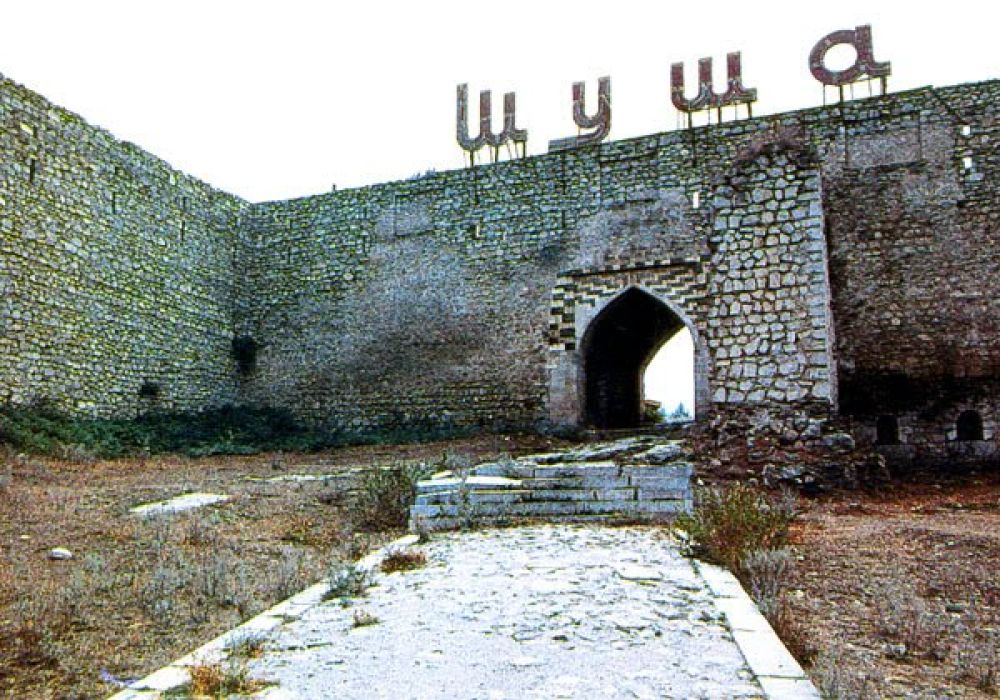

Shusha, also known as Shushi, is a significant cultural and historical city in the Nagorno-Karabakh region of Azerbaijan. The city is known for its fortress walls, historical monuments, and architectural treasures, one of which is the renowned Ganja Gate. The Ganja Gate is one of the two main gates leading into the city of Shusha, the other being the Shusha Gate.
The Ganja Gate has its roots in the 18th century when the city of Shusha was fortified by Panah Ali Khan, the founder of the Karabakh Khanate. Constructed as part of these fortifications, the Ganja Gate served as a vital point of entry and played a critical role in the defense against military incursions. It was named after the city of Ganja, which was then the second-largest city of Azerbaijan and a significant center of commerce and culture.
Throughout history, the region where Shusha stands has been subject to numerous conflicts, particularly the Nagorno-Karabakh conflict between Azerbaijan and Armenia. This has inevitably had an impact on tourism in the area. The recent conflict in 2020 led to the recapture of the city and its significant landmarks, including the Ganja Gate, by Azerbaijan. This event has renewed interest in the city as a tourist destination thanks to the city's liberation and subsequent efforts to restore and promote its historical sites.
The Azerbaijani government has been actively working on the revival and restoration of Shusha's cultural heritage, including the Ganja Gate, aiming to promote tourism and share the city's historical significance. Efforts have been focused on rebuilding infrastructure, preserving historical architecture, and facilitating tourist visits.
Since the ceasefire and Azerbaijan's control over Shusha, the region has seen a rise in national tourism as Azerbaijani citizens visit to reconnect with the once-occupied territory. While the city is still stabilizing from the recent conflict, the potential for international tourism is substantial. Local authorities are anticipated to develop touristic routes that will encompass the historical sites, including the Ganja Gate, religious monuments, and the stunning natural landscape surrounding the city.
Tourists visiting Shusha and the Ganja Gate today are interested in the cultural and historical narratives attached to these sites. There is an increasing trend towards experiential travel, with tourists seeking to immerse themselves in the traditions and history of the region. Adventure tourism is also growing, with the rugged terrain of Nagorno-Karabakh offering opportunities for hiking and exploration.
Looking forward, Shusha is expected to develop as a cultural and historical hub, with the Ganja Gate being a focal point for visitors. As stability returns to the region and restoration projects progress, tourism is likely to become an essential part of Shusha’s economy, contributing to the preservation of its rich heritage and the revitalization of the city and its surroundings.